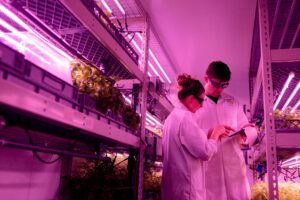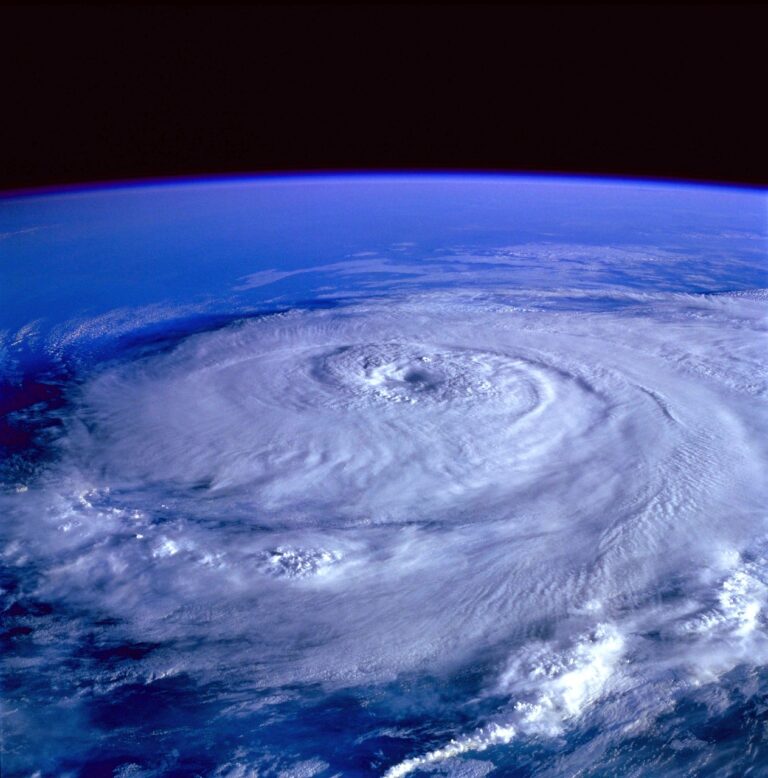When it comes to climate change, it’s easy to feel overwhelmed. Rising temperatures, stronger storms, and disappearing habitats can leave us wondering: Is there really anything we can do? At The Becky Valentine Foundation, we believe the answer is yes, and our grantees are proving it every day through innovation, curiosity, and the power of STEM.

Rethinking What’s Possible
A recent study from our partners at the Rosenstiel School of Marine, Atmospheric, and Earth Science reminds us that breakthroughs often come from bold new ideas. Led by Rosenstiel scientist Brian Soden and Ph.D. alum Haozhe He, the research explored a surprising approach to cooling the planet: instead of using reflective particles to bounce sunlight away, the team modeled what would happen if light-absorbing aerosols were placed much higher in the stratosphere.
Their findings suggest this method could be ten times more efficient than conventional techniques in weakening the greenhouse effect. While the concept is still theoretical and comes with many challenges, it demonstrates that science continues to uncover new possibilities for addressing one of the most pressing problems of our time.
As Professor Soden explains, “There’s no substitute for cutting CO₂ emissions. But if we’re going to talk about climate intervention, we need to understand every pathway the physics allows.”

Innovation That Serves People and the Planet
This kind of forward-thinking research highlights why supporting STEM education and scientific discovery is so important. The curiosity of students and researchers today leads to solutions that may protect future generations. From exploring advanced climate interventions, to studying ecosystems, to developing sustainable energy, the drive to ask “what if” is what keeps progress alive.
At the Foundation, we are proud to support initiatives like the Rosenstiel School’s teaching assistantship program, which helps Ph.D. students guide undergraduates through research-based learning. Programs like this cultivate the next generation of scientists who will not only study challenges like global warming, but also find new and unexpected ways to confront them.

Why Hope Matters
There is no single fix for climate change, but there is also no reason to believe that nothing can be done. Each innovation, each classroom experiment, and each student who pursues science is part of the solution. By investing in education, supporting groundbreaking research, and encouraging curiosity, we can all play a role in shaping a future where both people and the planet thrive.
Together, with imagination and persistence, we can turn challenges into opportunities for discovery.

